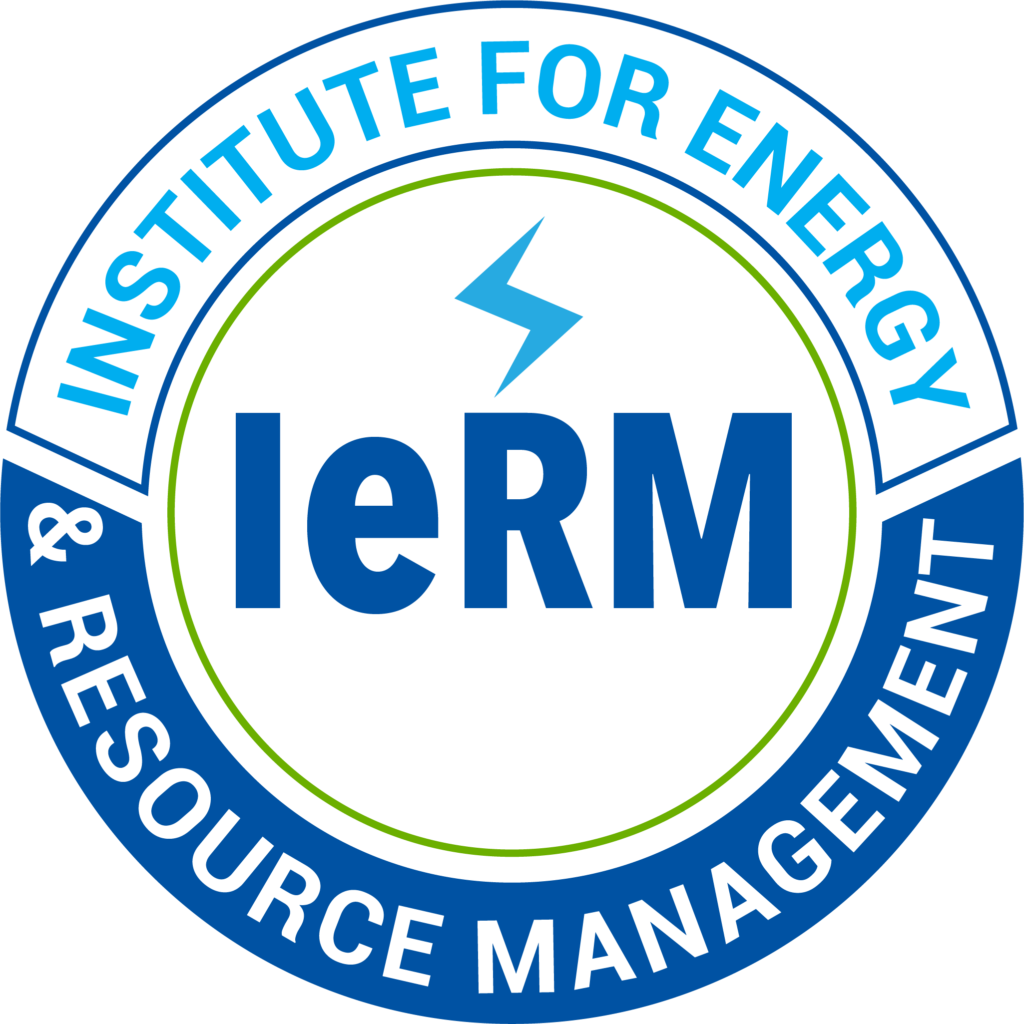With Philipp Schmidt-Pathmann Hey, everybody – Philipp here, and today we’re going to talk about what happens to the recyclable materials that you put out with your trash every week. For most of the country, that means one bin, in which all the recyclables get comingled. The truck comes by,…
With Philipp Schmidt-Pathmann Hey, friends. In our last episode we gave you an overview of the myths and realities of recycling. Today, we’re going to dive a little deeper into the topic, because a successful recycling program is critical to an integrated waste management system. First, let’s be clear. Not…
With Philipp Schmidt-Pathmann Hey, folks, it’s Philipp, and we’re talkin’ trash. This week’s episode concerns an important but often overlooked element of solid waste management: the myths and realities of recycling. Recycling is one of the central elements in the quest for a circular economy, and it has a significant…
Understanding waste-to-energy’s financial and environmental impact in King County. By Cameron Sheppard King County officials are proposing and exploring more sustainable alternatives to the massive Cedar Hills Landfill, including the burning of waste through waste-to-energy systems. Questions and concerns have been raised regarding some of the potential externalities WTE could have on the…
While there is no doubt that the prevention of municipal solid waste (MSW) generation should sit at the top of any public policy, industrial strategy and individual behaviour, just like reducing the consumption of energy, this proposition might mislead the public into thinking that waste can suddenly disappear if only we had the will to make it happen. Despite these unattainable expectations, the ‘Zero Waste’ concept has become a viral and omnipresent phrase in recent years. A Google search of this term shows around half a million hits, as of March 2020, and countless government and non-governmental organisation initiatives worldwide. Zero Waste seems to be the only acceptable aim for today’s politicians who embrace an environmentally friendly platform. As a result, countries and municipalities all over the globe have committed themselves to achieving the goal of Zero Waste. So far, however, nobody has managed it, and given the many scientific and practical roadblocks, no one ever will.




